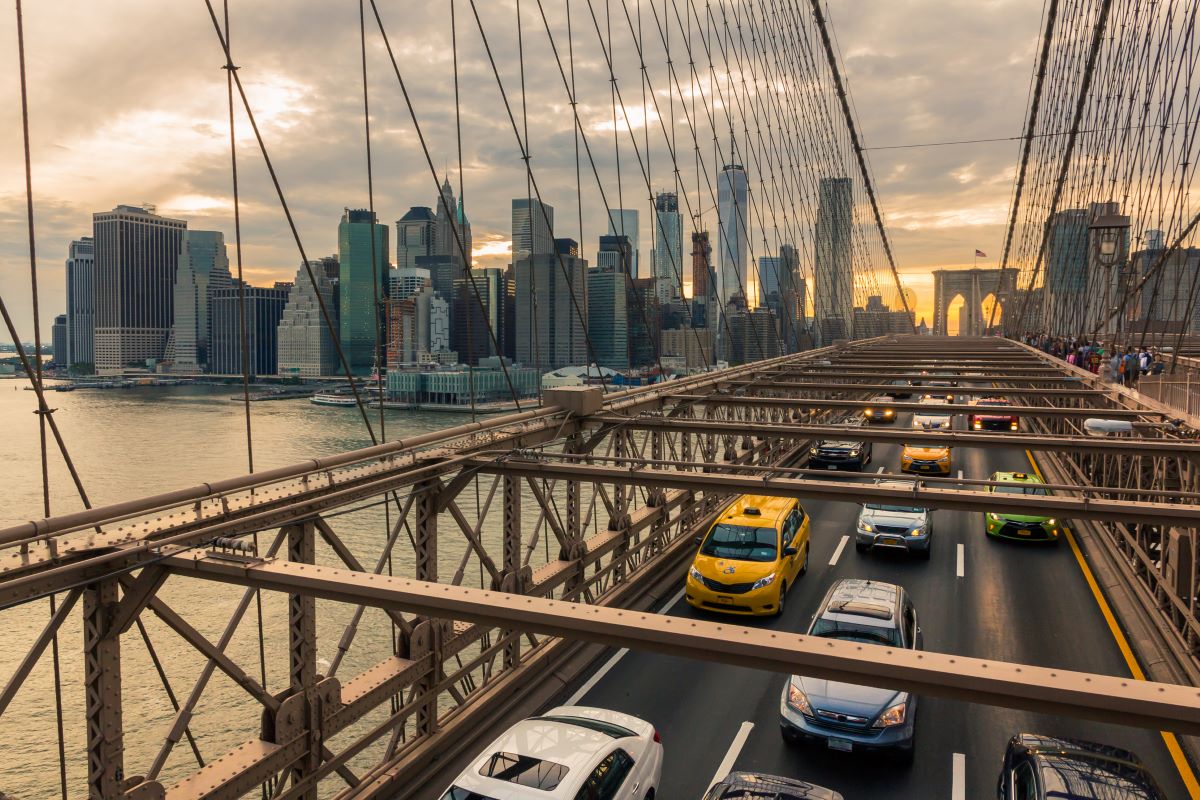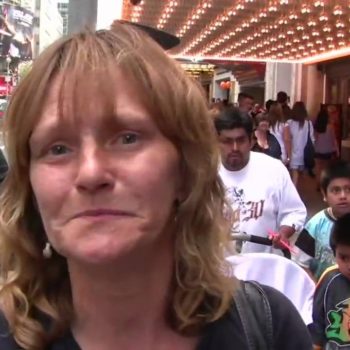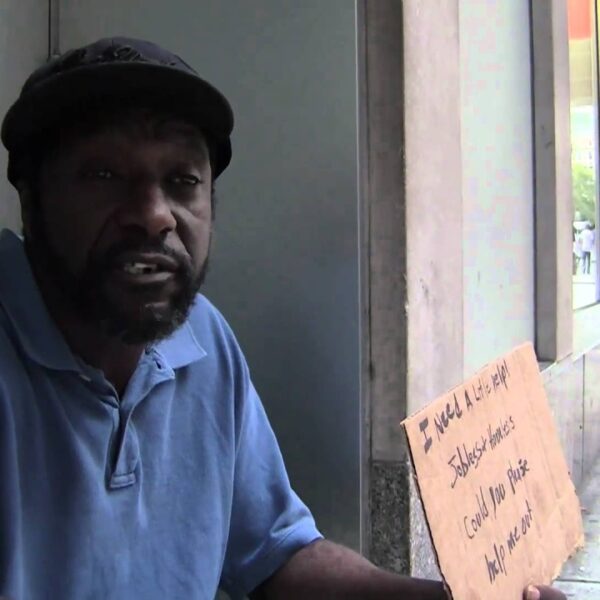Access to transportation is proven to prevent homelessness. The opposite is also true.
As the Big Apple grapples with the highest rate of homelessness the city’s ever faced, local leaders are now adding insult to injury by proposing a NYC transportation fee of up to $23 per day. Here’s a look at how that fee could increase homelessness.
What’s Poverty Got to Do With Place? Experts Say Just About Everything
A 2015 study released by Harvard academics identified place as a key factor in wealth. When the researchers set out to identify barriers to upward income mobility, they were somewhat surprised at the results.
In a nutshell, upward income mobility is the opportunity to outearn one’s parents and move up the socioeconomic ladder, scaling ever higher than the generations before you. Upward income mobility is believed to be a key component of the seemingly defunct concept known as the American Dream.
It wasn’t just the picket fence and the prospect of a thriving society that made this “dream” so alluring. It was also the idea that if you worked hard enough, you could climb above the class you were born into. Appealing as all of this sounds, the concept of upward income mobility in today’s world is unrealistic, particularly for people who lack that last part, mobility.
As it turns out, place is the key determining factor in who edges up the socioeconomic ladder and who ultimately gets left behind. This is because place is where all the opportunities are or, depending on your location, are not.
Someone with access to a neighborhood with a thriving school system, plenty of jobs, low crime rates, and high education rates is that much closer to achieving all of those things. And because place plays a significant role in a person’s potential for financial success, transportation, which gets people from one place to another, is said to have the most influence over a person’s ability to outearn their parents someday.
On the flip side, blocking access to reliable (and affordable) transportation is like taking the keys to someone’s financial future away, suspending their license to succeed, if you will.
Without access to transportation, you simply cannot get to high places. That job opportunity ten miles down the road might as well be 10,000 miles away. While a lesser-known concept, the lack of access to transportation can drive people into homelessness, quite literally. This is an important point right now when transportation has never been more inaccessible for middle-income-earning individuals.
Consider, for a moment, the following:
- According to CNN Business, the rate at which vehicle prices are accelerating is faster than at any other time in the past 35 years. This applies to all kinds of vehicles, new and used.
- These increased prices of new and used vehicles, which equate to an 11.8% increase for new cars and a 37.3% increase for used cars, outpaced wage growth by astronomical amounts. As a point of comparison, wages only grew by an average of 4.9% during that same timeframe.
- The price of oil, and therefore gas, is constantly rising.
All of this data adds up to the fact that 80% of Americans cannot afford to purchase a new vehicle. Additionally, 69% of Americans cannot afford to service their current vehicle if it needs maintenance that exceeds a $2,000 price point.
The average American worker has a 27-minute commute to their job site, a testament to the fact that opportunity is often not footsteps from their doors. However, poorer Americans exhibit a much shorter commute, which is due to necessity rather than personal choice.
As it stands right now today, there are nearly 100 million Americans who don’t drive because they cannot afford to do so.
This lack of access to transportation cuts off opportunities for upward income mobility and ultimately increases poverty and homelessness.
New York City has a homeless problem so deep that the Big Apple is listed on several websites as having even more homeless people than California, a state that has led the nation to high levels of homelessness for decades.
What are city leaders doing to address the unaffordability crisis in NYC? Well, aside from forcing homeless people out of the subway system and into the prison system, the sewer system, and mental institutions, they are also proposing a new plan where they lock them out of Manhattan and all of the opportunities that exist there.
City Leaders Propose a $23 Daily Fee for Commuters Entering and Exiting Manhattan
Nothing says “poor tax” quite like this.
At the behest of the same city leaders who are criminalizing homelessness, New Yorkers wishing to take advantage of all the opportunities that exist in Manhattan will have to pay a whopping toll to do so, a fee in the ballpark of $23 per day.
There are millions of jobs in Manhattan, but it is also the most expensive city to live in across the country. Financially, therefore, it would make sense to reside in a less expensive borough and then commute to this teeming metropolis of opportunity. But if this new proposal passes, that dream will die too, much like the American dream of homeownership and the now lofty aspiration of buying a car.
Poverty and homelessness are bound to increase as the line between rich and poor becomes less of an etching in the sand and more of a physical toll taken on the whole of society.
In the future, everything will be a luxury for everyone who’s anything like you and me.
Talk To Your Legislators About Making Life Affordable for Everyday People Again
Local legislators are emboldened with more and more laws on the books that create poverty and then criminalize said poverty. Take a moment to reach out to your local legislators and demand that they draft laws that make life affordable for everyday people again – laws that promote livable wages, laws that address system failures, and, of course, laws that make housing a human right.













